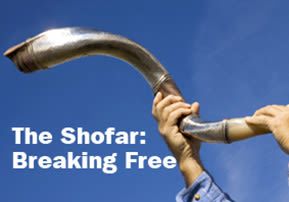
The Shofar: Breaking Free
What is the teshuvah needed before Rosh Hashanah? How should we prepare ourselves? What should we think about? What does the shofar accomplish for us individually?

What is the teshuvah needed before Rosh Hashanah? How should we prepare ourselves before the blowing of the shofar? What should we think about? What does the shofar accomplish for us individually? These questions are answered in the following article, based on the writings of a chassidic giant, Rav Shmuel Borenstein of Sochatchov, zy”a, son of the famed Avnei Nezer.
Although we are not qualified to teach secrets of the Torah, Rabbi Shmuel of Sochatchov, otherwise known as the “Shem Mishmuel”,was. He explains that on Rosh Hashanah, we need to receive an emanation from the upper Heh of Hashem’s name (yud-heh-vav-heh). This emanation of the upper heh is from “the world of freedom.” The rabbis teach us that this ‘heh’, or the spiritual DNA of Binah (understanding and perception) represents the world or system of understanding and perception that brings freedom. Why is this so? Secondly, how does this connect to the fact that Joseph was freed from Pharaoh’s prison on Rosh Hashanah?
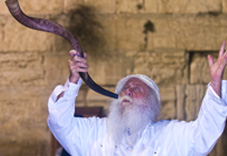 Image by Kobby Dagan, shutterstock.com
Image by Kobby Dagan, shutterstock.com
In order to understand the role of Binah in the process of freedom, we must first take a look at Chochma, the Hebrew word for wisdom. As it says in Masechet Avot: “If there is no Chochmah there is no Binah. If there is no Binah, there is no Chochmah. (one does not go without the other!) Being that we are in Elul, the month considered most propitious to return to Hashem, we will make an effort to explain these lofty concepts through this lens. Here is a common thought process of a person who is considering teshuvah:
I am observing in my mind the memories, images and sounds of the past year, thinking about how I spoke and acted in public and private.
Pure observation is an aspect of the achievement of chochmah: the result of observation and assessment. On its own, It becomes downright depressing! Without a true connection to the world of Binah, the thoughts might end up sounding like this:
Considering that I am being judged soon, I have little justification for being inscribed in the book of life! Look what I have done! ..I have not expressed my own person as part or expression of Hashem’s kingship..maybe I even actively ignored or concealed this expression from reaching its fullest. I have ignored my life-purpose. These sins have become a way of life, and a part of me..I can’t stop doing them! Where is my hope?
Taking a similar chochmah (bereft of binah) paradigm- particularly of a person in prison, we find a strikingly similar train of thought in observation….
I am constricted, I cannot move much. I can’t get out. I am stuck.
A Chochma process simply reports the facts that the person sees, and the present truth can really hurt!! The voice of binah (understanding and freedom) on the other hand, says…
When am I going to leave? How can I get out? How can I spend this time wisely? Incarceration does not define my life. These walls are outside of me, they do not define my life.
A true assessment of the past and present coupled with the gift of understanding (the needed process for teshuvah that we pray for every day in the Amidah prayer when we ask for knowledge and binah) helps one achieve the result that he wants. When I think of my sins as the bricks of the high walls that I have built around myself, and between myself and the Creator of the World, I can stop identifying with them and start understanding (Binah) how to get out of them and be free! The sins stop becoming “me” when I can feel sorry and remorseful for doing them and accept upon myself for real that I want nothing to do with the life that comprised them. I have clarified and decided not to go back to doing them. Then I can begin to see that the prison wall is outside of me. It is not defining my life.
The judgement of Rosh Hashanah is: A weighing measure of how much I am identified with the false lifestyle and ways of sin against how much I am identified with what my Father and King wants for me. If this is really who I am, then I can’t expect to be part of Hashem’s world. But if I really want to be free, part of the movement of real life, I had better decide that the illusory life of sin isn’t for me, and I am no longer about those things. I am new, and I am a servant of Hashem, no longer subservient to the lust, anger, or self-centered need for attention and honor.
The shofar is meant to bring an emanation from the world of freedom, to give me the chance to remove the illusory wall that gets in the way of feeling and acting close to Hashem and his people. However I must first recognize the wall and not let it define me as prisoner. This means taking a sweeping account and inventory of of my life (good things and not good), writing them down, and deciding for myself that the not good things are not what I am about. I am not identified by them. I don’t need to act, be or say it ‘that way’ anymore. I don’t want or need to put myself in those situations. I sincerely ask:
Hashem, please help me stop what I don’t want to say and don’t want to do anymore because I want to be different. I want to be free.
For this the Torah says, when commanding us with the mitzva of shofar: “Blow, in the new month.. the shofar, on the “cover” to the day of our celebration.” The Shem MiShmuel explains that this cover or obstruction is the wall of sin that we will work, with G-d’s help, before Rosh Hashanah, to recognize, disassociate, and disengage from. It is interesting to note that this particular term for celebration is “chag,” is the same root as “choog,” which means, a circle that surrounds and limits what is inside of it. When a person realizes that he has lived minutes, hours, and days of sin, he has a choice to make. Either he identifies with them, gives up on himself, and trades a new lease on life for yet more sin and despair. Or he can use the time of sin itself as a catalyst to become close to G-d, remind himself of the challenges of the past and pray in his own words:
I’m sorry, I was not in my right mind. This is not what I am about. Help me change!! I will no longer let myself identify with the lust, desire, jealousy, and the illusory need for attention and honor. I will no longer identify with the need for control and getting what I want when I want it. Hashem, I only want to be your faithful son or daughter again.”
When we allow ourselves to pray this way, that cover, obstruction, or wall that we were holed up in becomes a cause for.. celebration! Because the sins themselves that surround us become the agent through which we come close to Hashem and engulfed with the joy of transcendence!
For this reason, the verse from Tehillim that we say to Hashem when we begin the shofar service is “min hameitzar.” This verse can be understood this way: “From the limit I call out to Kah, You will answer me in the expanse of Kah.” Why is this particular name of Hashem mentioned twice? Because these two letters , the Yud and the ‘upper heh,” correspond respectively to Chochma and Bina. The order of first assessing our lives, and then understanding the necessary steps thereafter begin the ten day teshuva process towards freedom that the blasts of the shofar are meant to usher in. Then, after the needed effort, Hashem gives us Yom Kippur to enable us to break free.
If we prepare well, the shofar will connect us with the world of Binah: the system of consciousness in which all the concealments, covers, and walls become permeable to help us to perceive one day soon how Hashem was always with us the whole time. He hid from us so that we could sin, and then enable us eventually to use those thoughts, words and acts that have distanced us from Him to bring us closer. All it takes to embark on this path is a quiet hour of thanking Hashem for all of his unlimited patience and unbridled compassion, making a personal inventory of the wrongs and rights of my life and praying to Him in my own words.
After we have accomplished this, the mitzva of shofar will help us blow the covers off and bring the prison walls down. **Its a great idea to bring a short hand version of your personal inventory to shul so that you can pray in your mind before each set of shofar blasts to be free from the acts and words that up till now cover and conceal who you really are and what you always wanted. When you hear the shofar, make Hashem king over all the roles and situations that made up your life up until now, including the ones in which you found it hard to stay true to Him. (note: We are not allowed to speak after the blessings until after all the shofar blasts have been blown. Therefore, all personal prayer during the shofar blowing should be rendered in thought, not in words). At those short moments of awe and yearning you will begin to form a blessed new life.
It is no coincidence that the day we know as “Rosh Hashanah,” is the same day Joseph, otherwise known as “Yosef HaTzaddik” (Joseph the Righteous) was freed from prison. Those two words, that when uttered should make us tremble, may be understood in Hebrew as: “the beginning of change.” Before Rosh Hashanah there is a hidden tzaddik– a concealed, righteous individual within each of us waiting to understand how to be free. Let us use the coming hours and days to prepare for freedom!
***
For more information of how to make the kind of personal inventory that is necessary for continued happiness and growth, read the book: “In Forest Fields,” by Rabbi Sholom Arush.


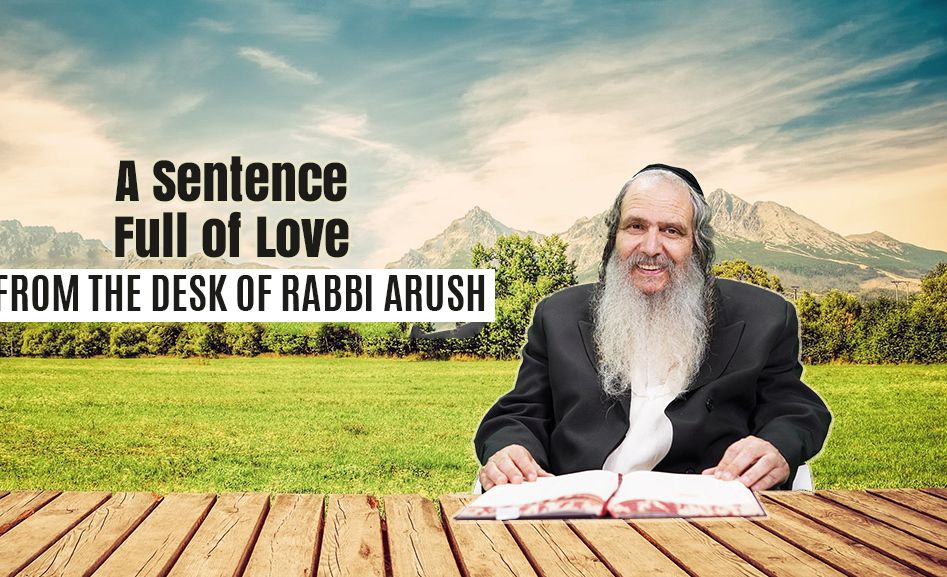
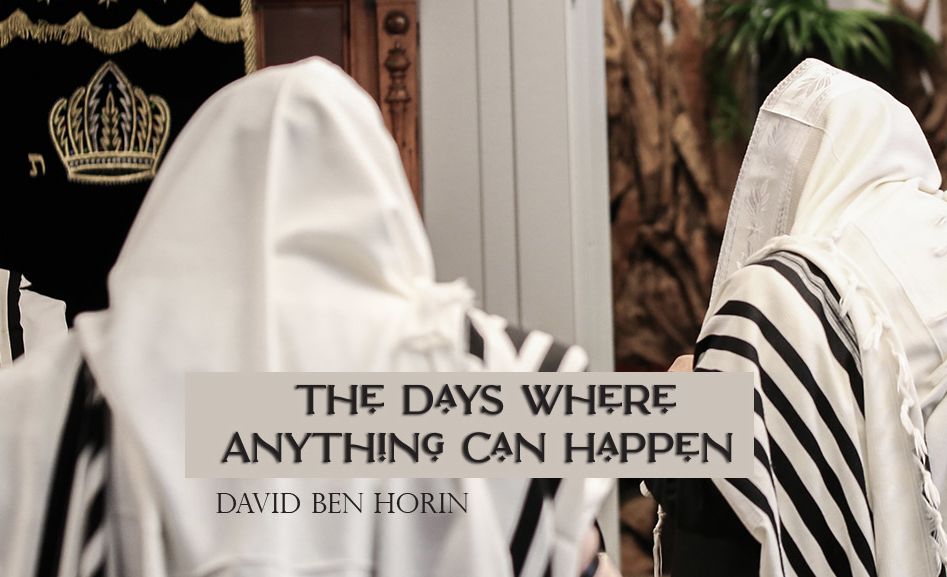
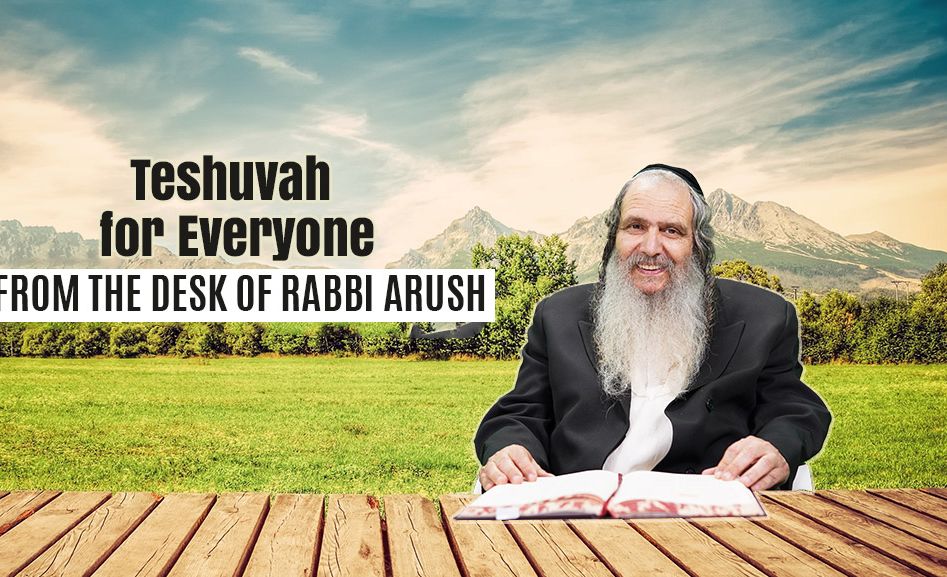
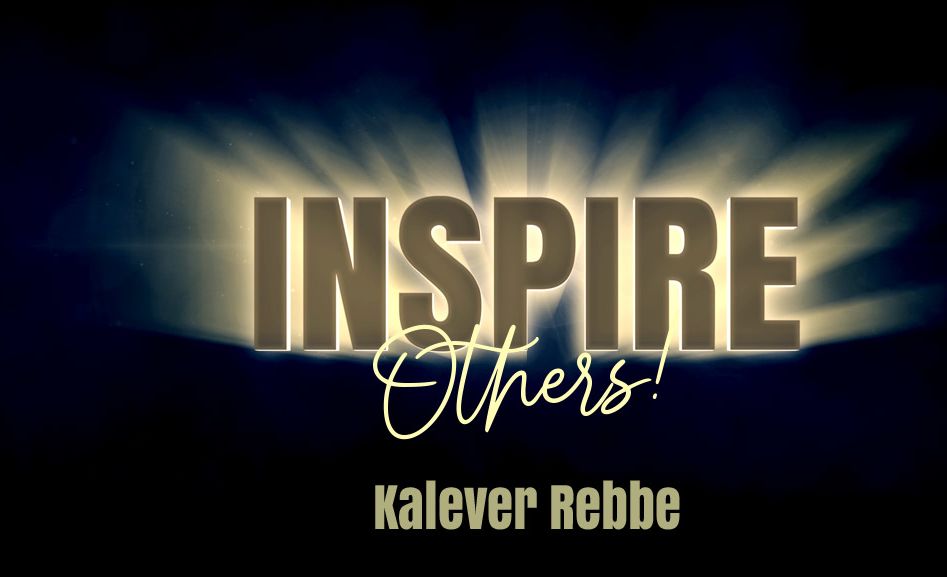

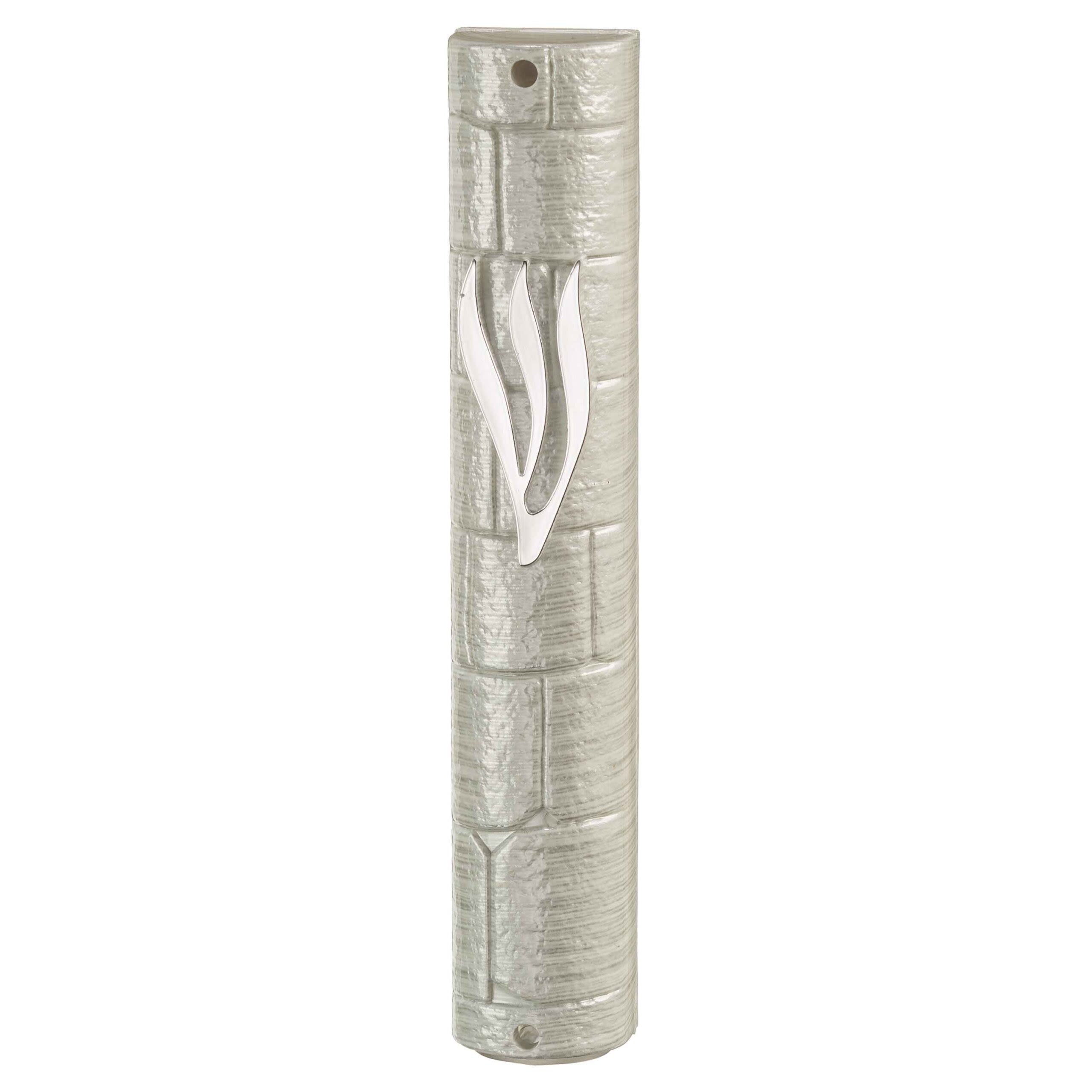
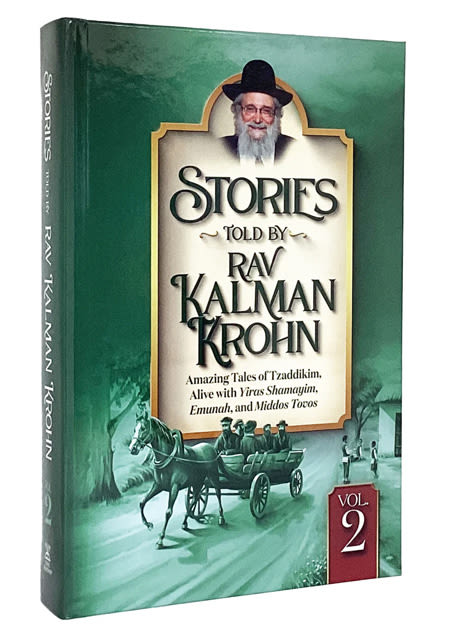
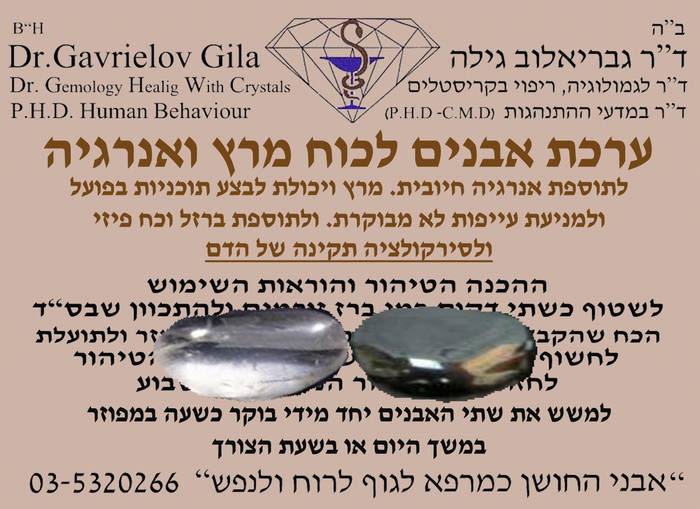
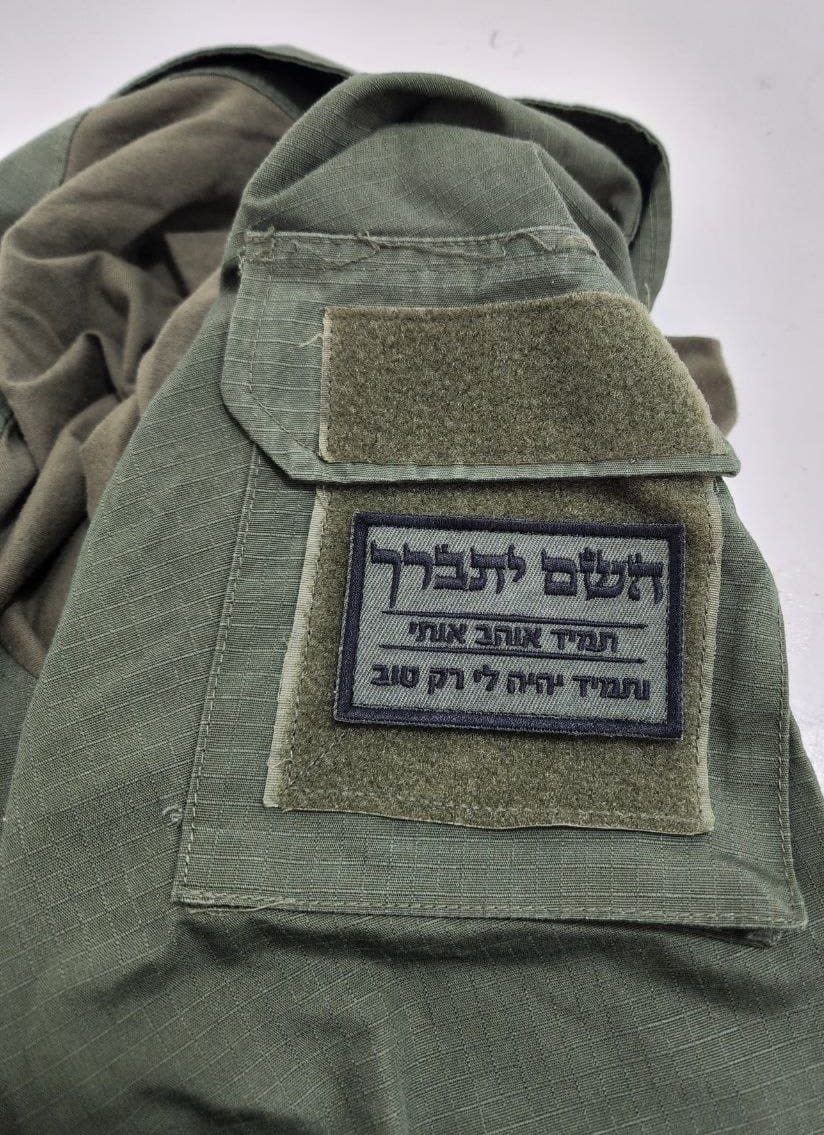
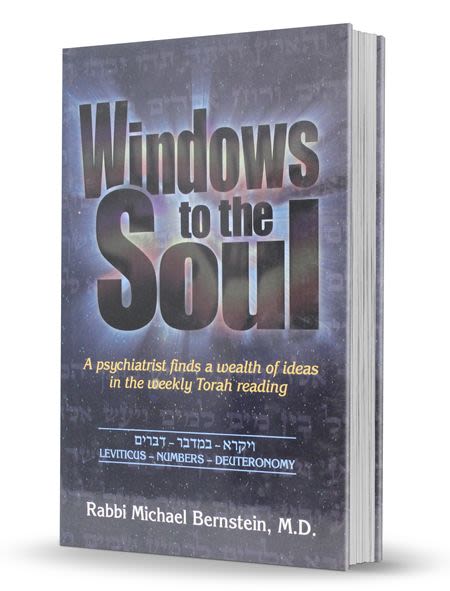
Tell us what you think!
Thank you for your comment!
It will be published after approval by the Editor.